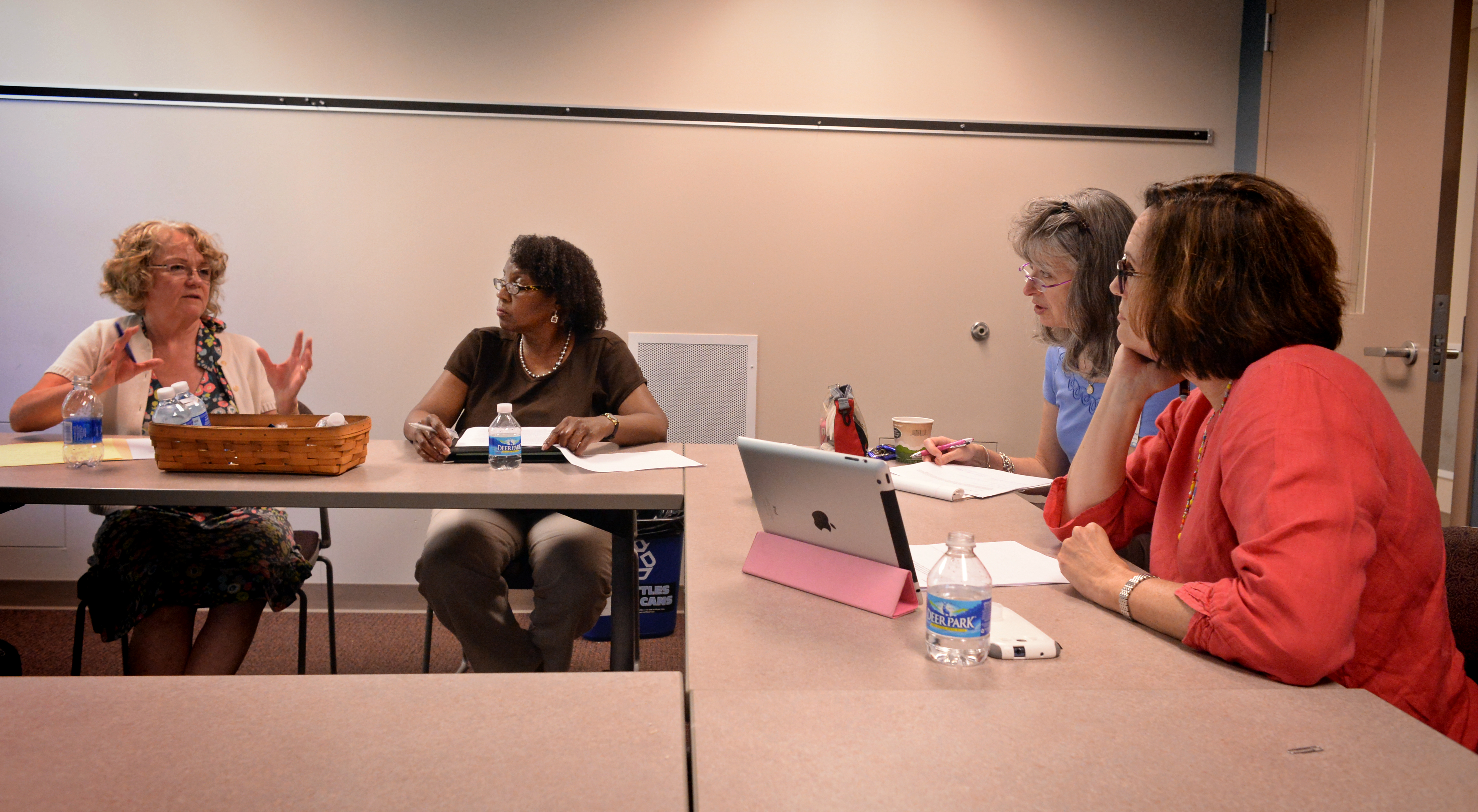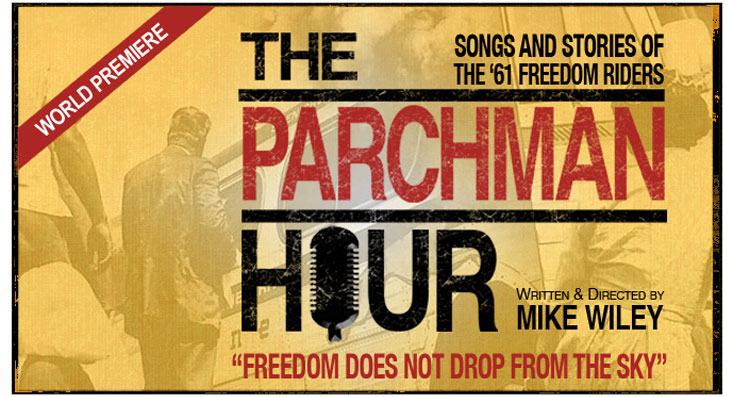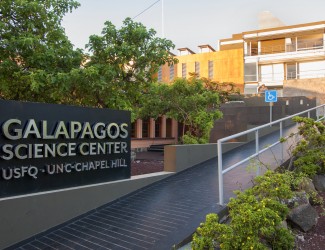
In the thick of the academic year, the summer feels like a faraway time when the campus will thin out and faculty can catch up on their writing.
But that isn’t always as easy as it seems. Many instructors still grapple with how to fit in their own academic writing amidst the needs of their students and the ongoing demands of their departmental responsibilities.
When Eric Muller, a professor at the School of Law, became director of the Center for Faculty Excellence (CFE) in 2012, he brought along an idea for a summer program where faculty from different corners of campus could come together under their one nearly universal connector: writing.
“The point of this program is to get them to connect with each other not as biologists or musicians or doctors, but as writers,” he said. “We are all struggling with trying to honor our teaching and service obligations, and at the same time, trying to sustain a vibrant program of scholarship and research.”
When the CFE (cfe.unc.edu) and the Institute for the Arts and Humanities (IAH, iah.unc.edu) in the College of Arts and Sciences started the program last summer, the response was immediate. It was clear by the number of faculty signing up that the program satisfied a certain void.
During a time when you might imagine faculty splintering off, they were actually seeking connection. This didn’t surprise Muller. One motivation in becoming director of the CFE was to be part of something bigger on campus, he said.
“It’s a simple idea of peer mentoring. It happens to be about writing, but it could be about anything. It’s faculty recognizing that they have things in common that they didn’t realize they did,” he said. “We tend to think that we do things differently, but it turns out we have more in common than we know.”
For Vaughn Upshaw, that void was real and pressing. She had so many responsibilities tied to the classroom – like preparing course materials for the printer or helping to plan a symposium – but there was no one to check on her scholarship and research.
“I’ve got real deadlines with real people, and I’ve got to respond to their needs,” said Upshaw, a lecturer at the School of Government. “But when it comes to writing an article or a manuscript, I’m not accountable to anyone.”
After seeking out an online writing group for college faculty, she was hoping to find continued support closer to home.
“I’ve long wished for an official campus effort to support faculty writing,” she said. “My colleagues have the same pressures I do: They have families, they teach, they have classwork to grade, students to advise. There’s just not a lot of time to write.”
Upshaw has participated in the program both summers. She meets weekly with a small group of Carolina academics from many fields – English, public policy, political science, psychiatry and information and library science – who share with each other the ups and downs, and the nuts and bolts, of academic writing. They also workshop each other’s writing, each providing feedback from a different point of view, something Upshaw said has helped her tremendously.
The manuscript she worked on last summer is now at the publisher. This time, she’s working on a series of academic articles she hopes to submit by summer’s end.
“The first time I got feedback on my work led to one of the single most productive writing sessions I’ve had in a while. It was my fastest two-and-a-half hours of writing ever. I’ve gotten very concrete results,” she said.
The program offers support for those who wish to share writing, and for those who don’t. Groups can use the time simply to shut down the outside word, boot up their laptops and crank out work.
Far-flung faculty can meet, too. Members of Deb Aikat’s writing group use email and Sakai to keep in touch and help one another focus on goals.
“Research writing is a solitary pursuit. So, it’s good to have a collective engagement that fosters it,” said Aikat, associate professor at the School of Journalism and Mass Communication.
With the accountability of his virtual team has come productivity. Despite family demands and the distractions of summer, he’s completed two book chapter manuscripts and two journal articles.
At the beginning of the summer, he posted to Sakai a week-by-week calendar of his goals. Sharing these intended benchmarks with colleagues who are inclined to hold him to them has provided an incentive to keep at it when summer starts to get in the way.
“Deadlines are important because research work invariably expands to fill the time available for its completion,” he said. “My newsroom work has taught the importance of deadline pressure, which keeps you going until you beat the deadline.”
Later this summer, his group will start to share their work with one another. Right now, though, they focus on advice, strategy and encouragement.
“Sometimes people aim for far too many things, and they get overloaded and frustrated,” he said, “especially in the summer when work-life balance is hard.”
Maria LaMonaca Wisdom, the IAH executive director, said UNC has such a stellar reputation in part because of faculty scholarship, so it’s important to create conditions where faculty can produce their best work.
“Communicating scholarly ideas clearly and cogently is one of the most challenging writing tasks possible, and it gets difficult for even the best scholars,” she said.
“Faculty may be expected to shoulder the ‘impostor syndrome’ in appearing to churn out impressive scholarship quickly and easily. Very few people can actually do that, and faculty in our program are relieved to be able to admit this to themselves, and to one another.”
The writing program is a great example of what the CFE and the IAH are here to do, said Muller.
“We feel that our highest function can be a kind of bridge, a place where faculty members from different units who might not think they have a whole lot to do with each other, but who are in fact facing some of the same basic challenges, can come together,” he said.
“It’s been gratifying to see that this idea would bear fruit.”
Story by Courtney Mitchell, University Gazette



